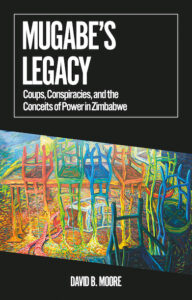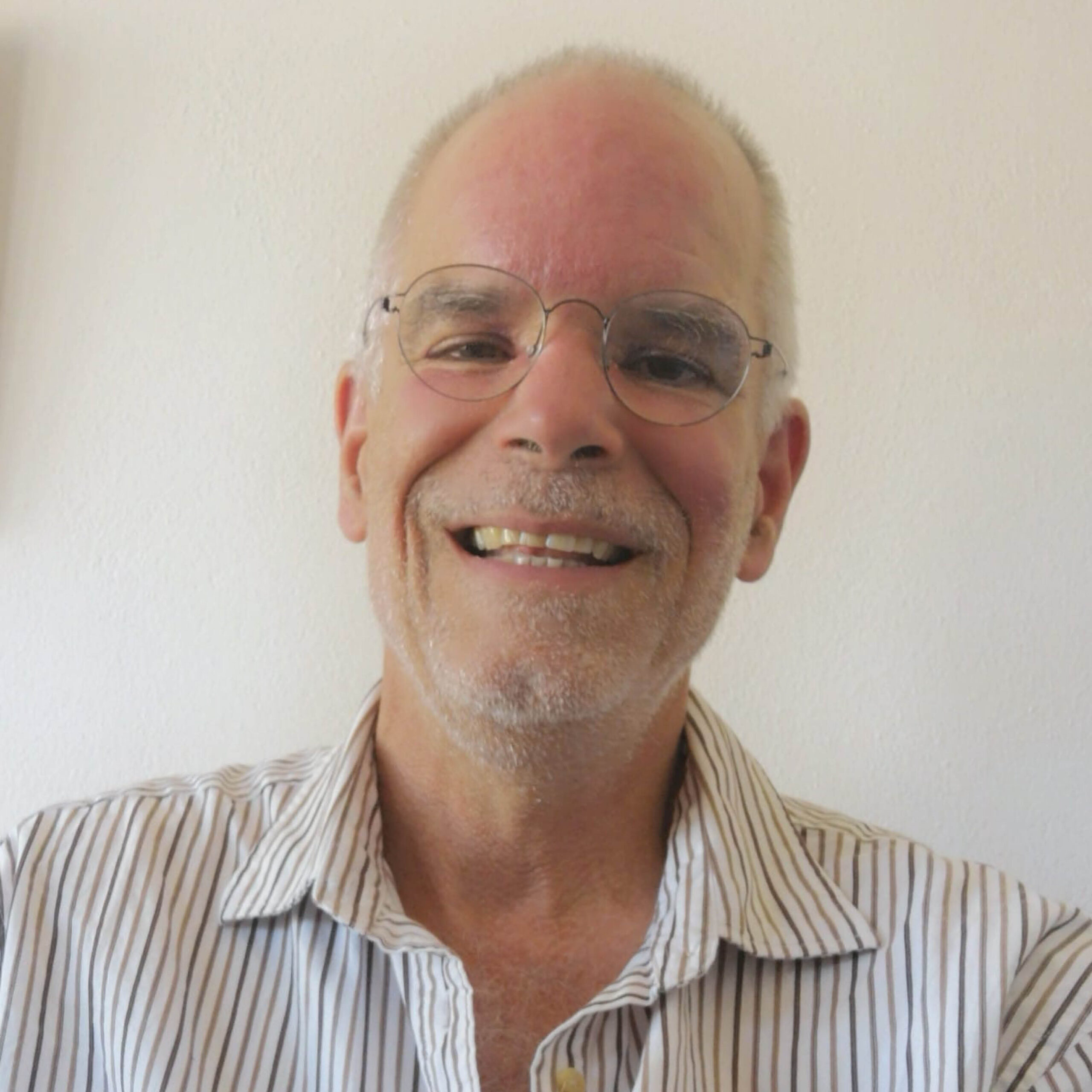Mugabe’s Legacy: Coups, Conspiracies and the Conceits of Power in Zimbabwe w/ David B. Moore
SOAS University of London
10 Thornhaugh Street
Russell Square
London WC1H 0XG
Join us for the London launch of Mugabe’s Legacy and panel discussion with author David B. Moore and special guests.
About the book
An authoritative account of Mugabe’s destructive hold on power, assessing the challenges facing Zimbabwe as it seeks to emerge from the chaos.
Zimbabwe’s party-internal ‘coup’ of 2017, and deposed president Robert Mugabe’s death nearly two years later, demand careful, historically nuanced explanation. How did Mugabe gain and retain power over party and state for four decades? Did the suspected and nearly real ‘coups’, the conspiracies behind them, and their concurrent mythomaniacal conceits ultimately, ironically, spell his near-tragic end? Has Mugabe’s particular mode of power reached a finality with his own downfall, as his successors struggle more to balance Zimbabwe’s political contradictions? Will the phalanxes arrayed against Mugabe’s control fray further, as Zimbabwe fades?
 Mugabe’s Legacy delves deeply into such questions, drawing on more than forty years of archival and interview-based research on Zimbabwe’s political history and current precariousness. Starting with the mid-1970s, it traces how Machiavellian moves allowed Mugabe to reach the apex of the Zimbabwe African National Union’s already slippery slopes, through the complexities of Cold War, regional, ideological, generational, inter- and intra-party tensions. The lessons learned by the president and the nascent ruling party then turned gradually inward, ultimately arriving at a near-collapse that may now pervade all of the country’s political space. David B. Moore vividly charts this rise and fall, all the way to Zimbabwe’s tenuous chaos today.
Mugabe’s Legacy delves deeply into such questions, drawing on more than forty years of archival and interview-based research on Zimbabwe’s political history and current precariousness. Starting with the mid-1970s, it traces how Machiavellian moves allowed Mugabe to reach the apex of the Zimbabwe African National Union’s already slippery slopes, through the complexities of Cold War, regional, ideological, generational, inter- and intra-party tensions. The lessons learned by the president and the nascent ruling party then turned gradually inward, ultimately arriving at a near-collapse that may now pervade all of the country’s political space. David B. Moore vividly charts this rise and fall, all the way to Zimbabwe’s tenuous chaos today.
About the author
David B. Moore is a professor of Development Studies at the University of Johannesburg, who has been researching and writing on Zimbabwe’s political history and political economy since the early 1980s. He has also pursued Marxist and Gramscian theories of development discourse and the political economy of Africa.
